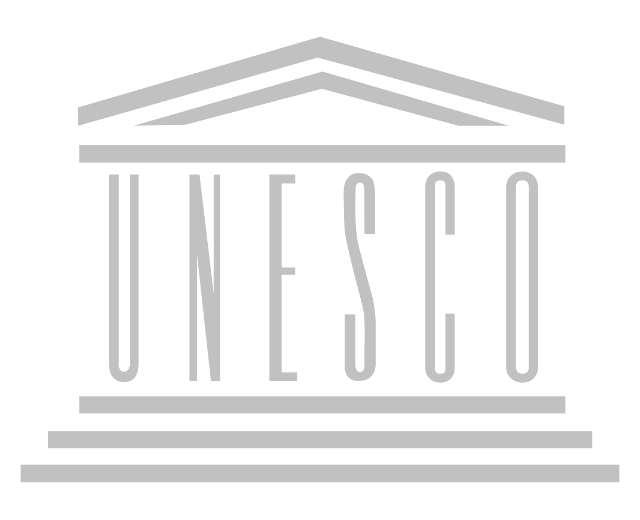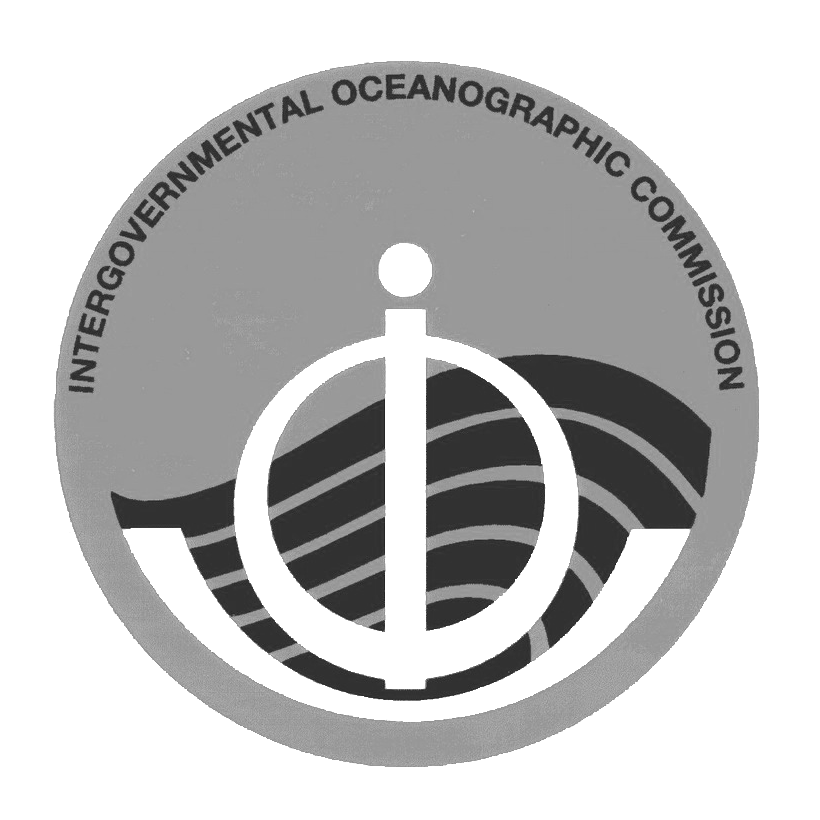What type of data is of interest to OBIS
OBIS's focus is on high taxonomic quality, so datasets where organisms have been identified by professional or trained biologists are our priority. If they have been validated with a taxonomic catalogue (World Register of Marine Species: WoRMS, Australian Faunal Directory (AFD)) even better. The preference is using WoRMS but using AFD is encouraged if the taxa is not or has yet to be catalogued in WoRMS - see Resources for some notes on using WoRMS and AFD.
There is current focus from OBIS of deep ocean records (including beyond national jursidiction), contemporary records to assist research on species range shifting or management of marine reserves etc.
If you are the custodian of a dataset of marine biological data of potential interest to OBIS, please contact the node manager. We do prefer data from the Australian waters and adjacent seas but are quite willing to host data that goes beyond this region if it has not been previousy available to OBIS from other sources.
We can also post your data to GBIF and eventually ALA, provided it is not there already. We are careful not to needlessly replicate datasets.
The principal type of data we have dealt with is species occurrence records, but we are now in the position to begin publishing checklists (typically regional or potentially thermatic) and animal tracking data.
There are two potential hosting sites.
OBIS Australia
OBIS Australia can host a "snapshot" of your data on the OBIS Australia IPT server. This means that the data will be exposed to the International OBIS portal on your behalf, and will be identified as your data being served by OBIS Australia. The dataset hosted on the OBIS Australia server can be updated at intervals, for example if the dataset is dynamic (i.e., the content changes from time to time). To arrange this, please contact the node manager.
There are some additions to the data and associated metadata that assists OBIS to merge records into their database.
- In the DarwinCore schema, there is a field called ScientificNameId. OBIS requires the URN of that taxa from the
World Register of Marine Species: WoRMS to be included where possible.
For example, the Wandering Albatross (Diomedia exulans) has an id of 212583 (see http://www.marinespecies.org/aphia.php?p=taxdetails&id=212583 ).
The URN for this species is urn:lsid:marinespecies.org:taxname:212583.
OBIS Australia has developed tools to match species names to WoRMS using it's WoRMS webservices. Feedback is provided on regular basis by OBIS on potential issues with species matching and they will report any anomalies, unknown taxa, ambigous matches etc.
- The DarwinCore schema field occurrenceStatus must have values of either 'present' or 'absent'. OBIS will harvest records marked absent but as yet they are not visible at iOBIS.
As part of the redevelopment of the OBIS data portal, 'absent' occurrences are expected to be utilised.
- In the Ecology Markup Language (EML) metadata record, within the Additional Metadata section, the field 'Additional information' should contain the phrase 'marine, harvested by iOBIS'. This informs OBIS that this dataset is relevant as it contains marine data. It allows data providers to use the IPT for non-marine data which can be harvested by other data aggregators, notably GBIF.
Australian Antarctic Data Centre
If your data is from the Australian Antarctic Program, then the Australian Antarctic Data Centre (AADC) will host your data on their IPT as part of the biodiversity.aq network.
Please contact them by email or phone.
 This site is hosted by the CSIRO National Collections and Marine Infrastructure Information and Data Centre, Australia.
Please advise any problems with this website to the OBISAU Node Manager.
View Privacy Statement
This site is hosted by the CSIRO National Collections and Marine Infrastructure Information and Data Centre, Australia.
Please advise any problems with this website to the OBISAU Node Manager.
View Privacy Statement



